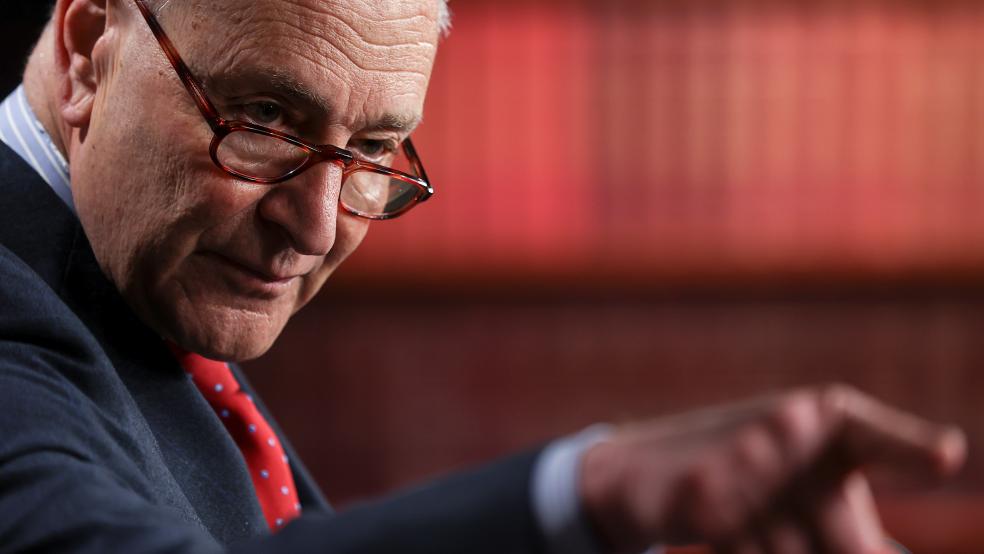As Congress kicks back into action after a two-week recess, Democrats and Republicans are entangled in a number of interconnected fights, with partisan politics clouding the path to delivering additional aid to Ukraine, funding for the Covid-19 pandemic and a new immigration policy at the southern border. Here’s an overview of the issues and stakes involved.
Ukraine aid: The White House said Wednesday that it may send Congress a request for additional military, humanitarian and economic aid to Ukraine as soon as Thursday. Administration officials declined to specify a dollar amount to NBC News, but reportedly described the request as “massive” and said it is intended to cover the rest of the current fiscal year, which runs through September.
The U.S. has sent Ukraine more than $3 billion in military assistance and about $1 billion in economic aid since Russia’s invasion in late February. Ukraine recently asked for at least $5 billion a month in international assistance through June, with some $2 billion a month coming from the United States.
While there is bipartisan support for providing additional aid to Ukraine, Senate Republicans reportedly say they will block the assistance if Democrats look to tie it to a stalled push for additional pandemic funding. “I hope the Democrats will separate those two, said Sen. John Thune (R-SD), the No. 2 Republican in the Senate, according to The Hill.
Covid-19 funding: A bipartisan agreement to provide another $10 billion for coronavirus vaccines, testing and treatment got bogged down earlier this month after Republicans demanded a vote on an amendment to prevent the Biden administration from pushing ahead with plans to lift Title 42, the pandemic policy started under former President Donald Trump that allows for the rapid expulsion of migrants and prevents them from seeking asylum. The amendment from Sen. James Lankford (R-OK) would block the administration from ending Title 42 as long as the pandemic officially remains a public health emergency. “I don’t think until this Title 42 issue is resolved anything is going to go on with COVID,” Sen. Roy Blunt (R-MO) told The Hill.
That GOP demand has left the Biden administration in a bind, as the Lankford amendment has some Democratic support and could well pass if brought to a vote. “Democrats haven’t said if they will link the Ukraine assistance to the coronavirus aid, but they are trying to figure out a path forward for the COVID-19 relief after Republicans blocked it,” The Hill’s Jordain Carney reports. “Because the Ukraine aid has bipartisan support and is seen as must-pass legislation, it could be an attractive vehicle for coronavirus relief that Democrats also view as vital.”
Border security and Title 42: A federal judge in Louisiana on Monday announced that he will grant a restraining order temporarily blocking the Biden administration from lifting Title 42, but it’s not yet clear whether the ruling will stop the Biden administration's plan to end the policy on May 23.
The Biden administration is still preparing for an expected surge of migrants if the current policy ends. “When the Title 42 public health Order is lifted, we anticipate migration levels will increase, as smugglers will seek to take advantage of and profit from vulnerable migrants,” Secretary of Homeland Security Alejandro Mayorkas said Tuesday in a 20-page memo detailing the administration’s strategy for securing the border once the pandemic restrictions end.
The new plan is split into six “pillars,” one of which calls for “surging resources, including personnel, transportation, medical support, and facilities to support border operations.” But as Roll Call’s Caroline Simon reports, Republicans largely oppose the idea of providing additional money to deal with an expected surge.
“Senate Republicans on Tuesday threw cold water on the possibility of supplemental funding, which might be used to shore up border patrol activities, fund detention centers, or provide food, shelter, and medical care for migrants,” Simon writes. “Republicans are rankled in particular by the idea of spending money to address the fallout from an administration decision they oppose in the first place — even as they criticize the government’s current preparedness.”
The bottom line: In Title 42, Republicans see an issue that can resonate with voters in November and give them leverage in largely unrelated spending fights. Senate Majority Leader Chuck Schumer (D-NY) and Democrats now must decide whether to tie Covid funding to Ukraine aid and how to deal with the immigration issue.





